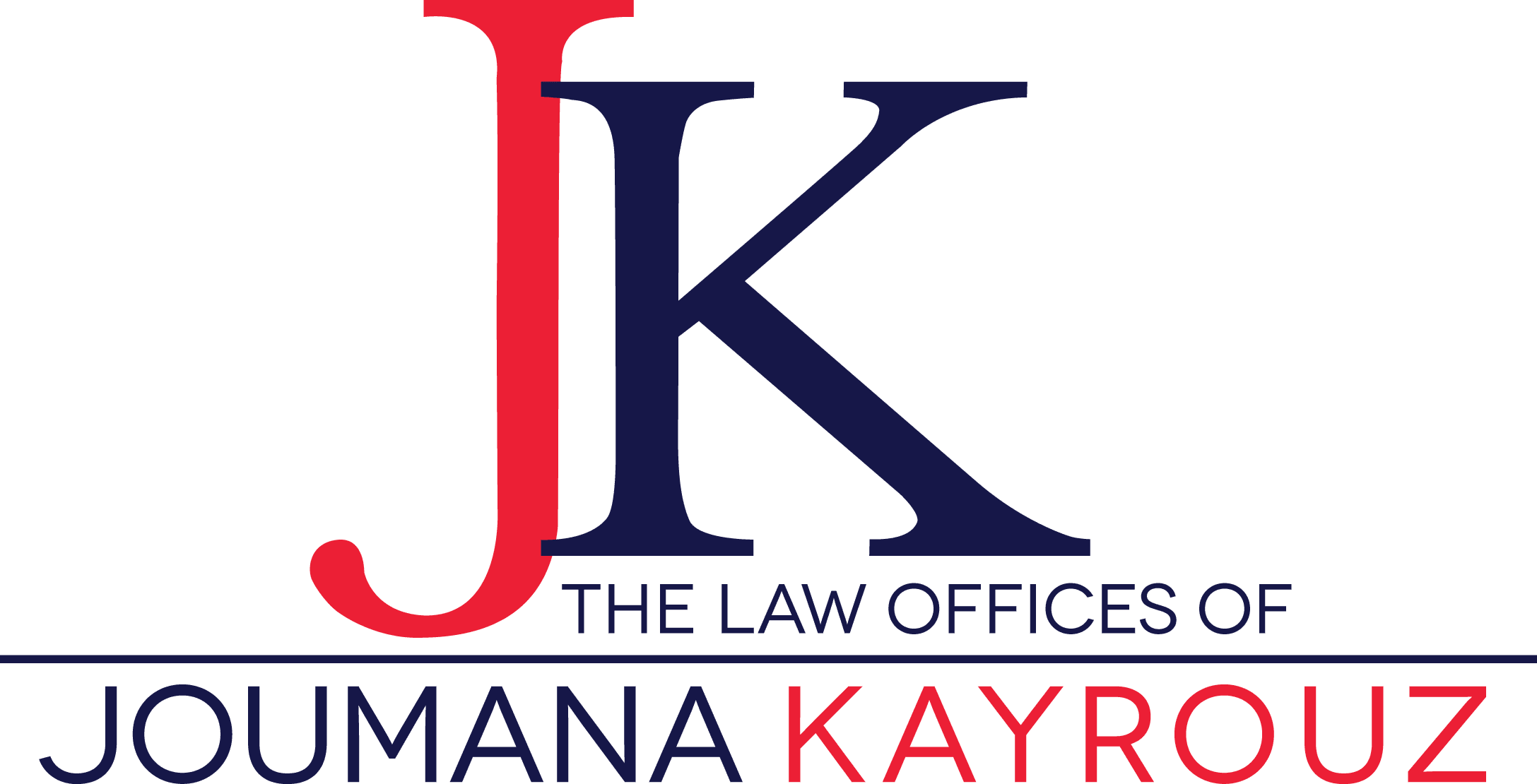What kinds of Debts are Dischargeable in Bankruptcy


Most debts are dischargeable in bankruptcy. Credit cards are usually dischargeable. There is an exception if it is an “in-store” card. Depending on what you purchased with an “in-store” card, you may have created what is known as a “purchase money security interest”, in which you would have to either continue to make the payments or return the item you purchased.
Personal loans, sometimes also known as signature loans, are dischargeable in bankruptcy. Likewise, payday loans and medical bills are also dischargeable. When it comes to old utility bills, they are dischargeable, but the utility company may charge you a deposit if you wish to continue receiving utility services moving forward. If you wish to continue receiving utility services and once you have paid a deposit to the utility company, the utility company will close your old account and open a new utility account with a new account number.
Sometimes when you had a vehicle which has been repossessed you may still own money for the vehicle. This occurs when the amount you owe on the vehicle is greater than its present market value. This is known as a deficiency. Even though you no longer own the vehicle, the automobile finance company can still pursue collection activities against you to recover the deficiency amount. Filing for bankruptcy would allow you to eliminate the deficiency on a repossessed vehicle.
If you have lost a home to foreclosure, you may still owe money for the home. In Michigan, if the mortgage company forecloses your home but does not get as much money in the foreclosure sale and the resulting bank sale to a third party as it would have received under the terms of the mortgage, the mortgage company can and does engage in collection activities against you to recover the deficiency amount. Filing for bankruptcy would allow you to eliminate the deficiency on a foreclosed home.
Income tax debts are dischargeable so long as the income tax returns which gave rise to the income tax debt were filed timely and the tax year which the income tax debt pertains to was at least three tax years ago. There are exceptions to this. For example, if the taxing authority has put a lien on your property for nonpayment of income tax debt, you must pay the amount of the income tax debt relative to the tax lien. Another exception is if you were in a previous bankruptcy within the last three years. In such cases, filing for bankruptcy at this time would not discharge the tax debt. If you have what is known as an “Offer and Compromise” with a tax authority you may not be able to discharge that debt.
Domestic support obligations such as child support or spousal support are not dischargeable in bankruptcy. Civil liability for injury or death as the result of the intoxicated use of a motor vehicle is not dischargeable. Criminal restitution is not dischargeable. If you are found to have committed fraud in connection with representations you made to a lender in the loan application process, that debt is not dischargeable.
When it comes to debts such as mortgages or automobile purchases, you could surrender the home or the vehicle and discharge the deficiency on those items. Conversely, you could keep the home or the vehicle and continue to make the payments. But you cannot discharge the automobile purchase and keep the vehicle. Similarly, you cannot discharge the mortgage and keep the house. There is a technique known as lien stripping for second mortgages on properties whereby the second mortgage would be eliminated but you could keep the house. But this technique is only available under very specific circumstances which go beyond the scope of this article.
The above information is not intended to be used as legal advice. If you are considering filing for bankruptcy the best thing to do is call our office and schedule a free consultation with me so that you can receive advice which is tailored to your unique financial circumstances.
299




